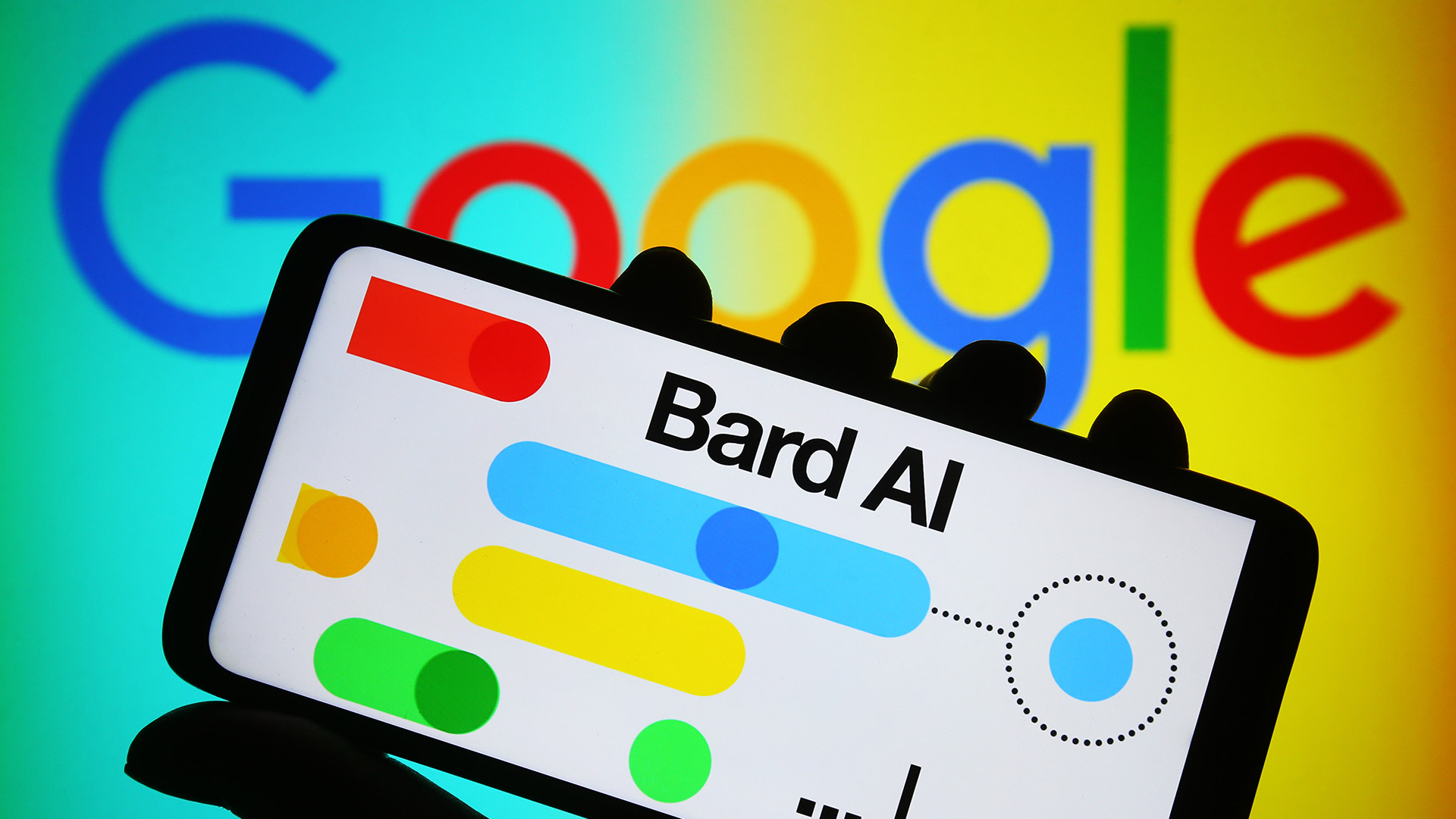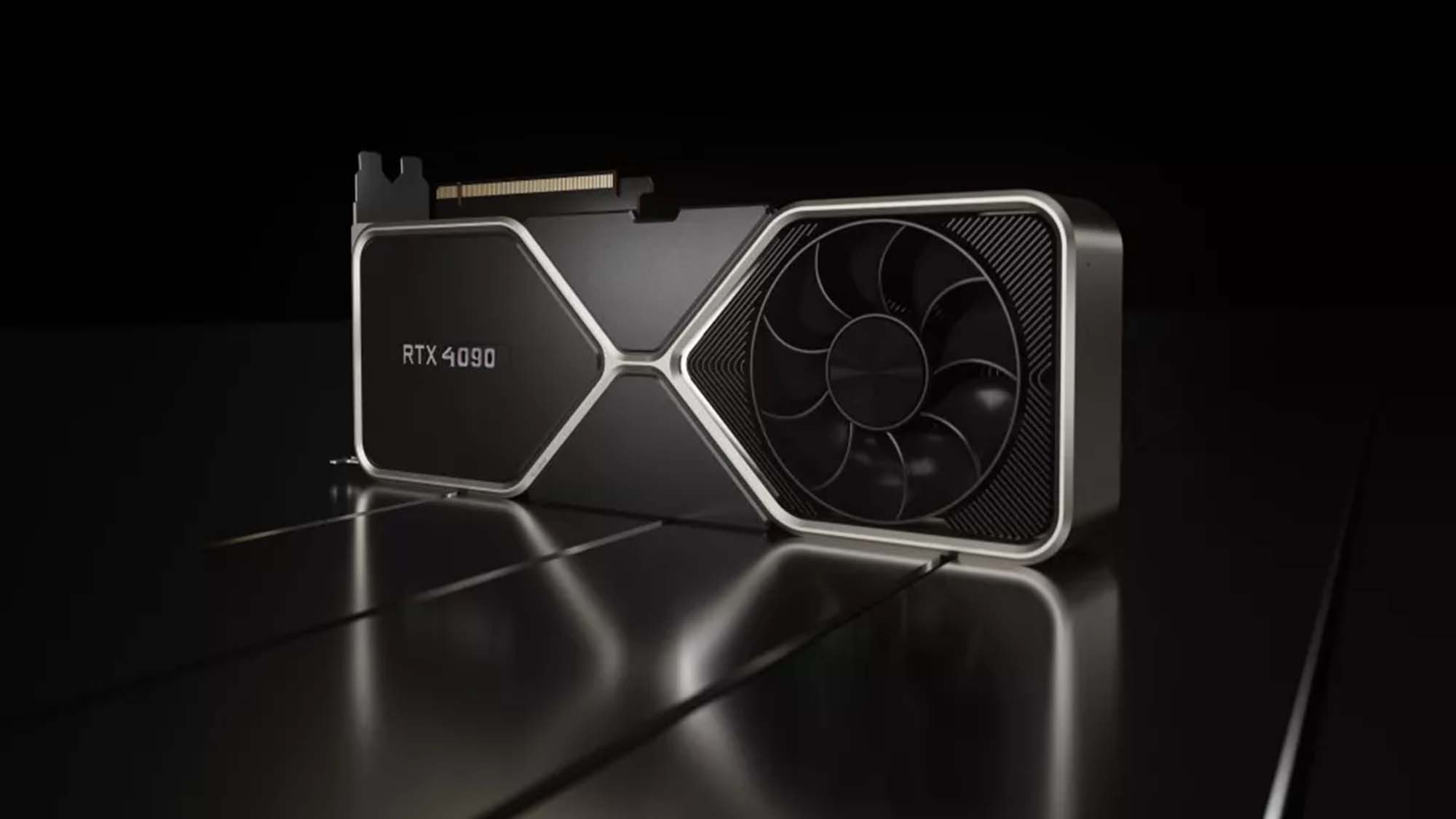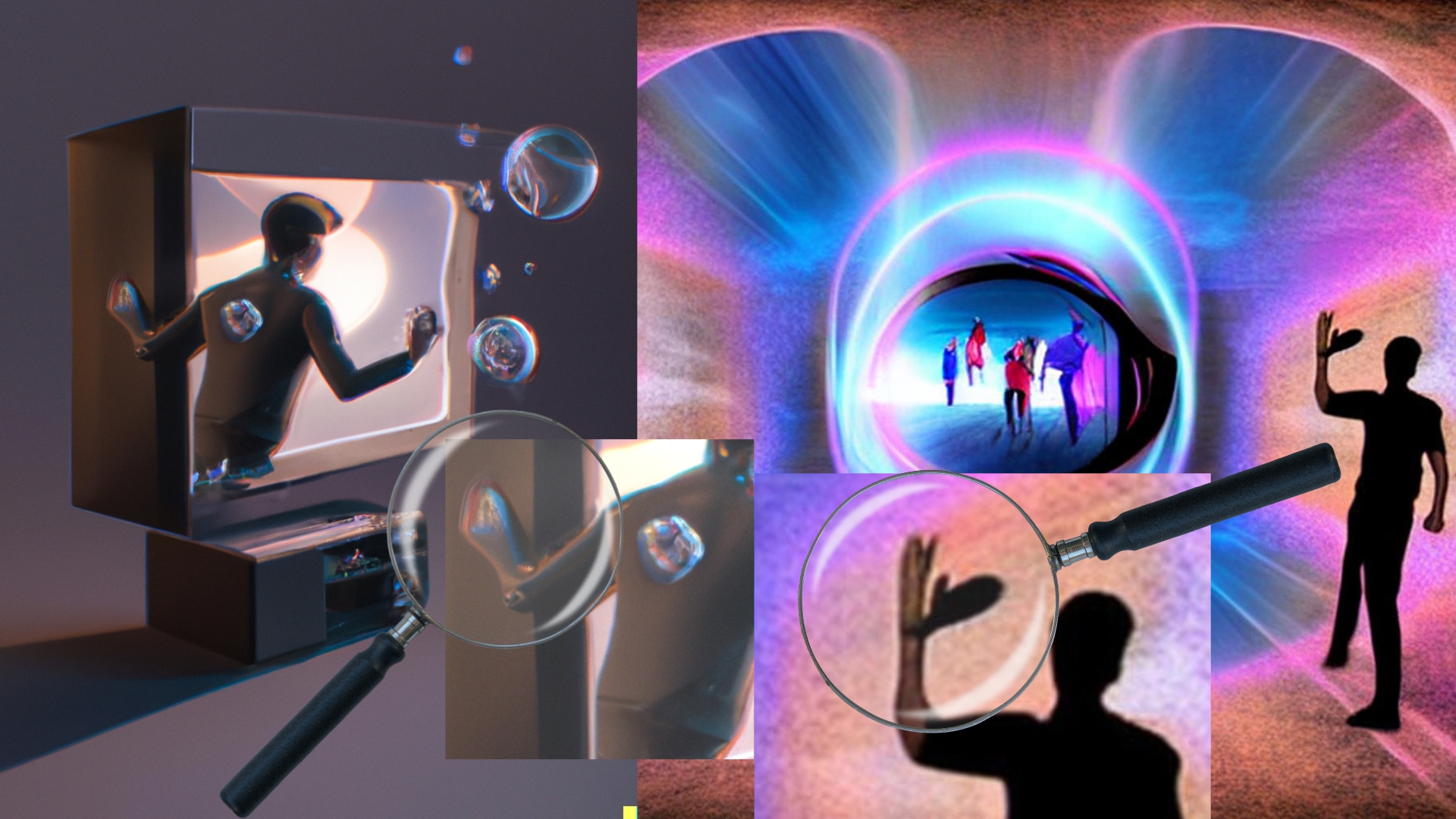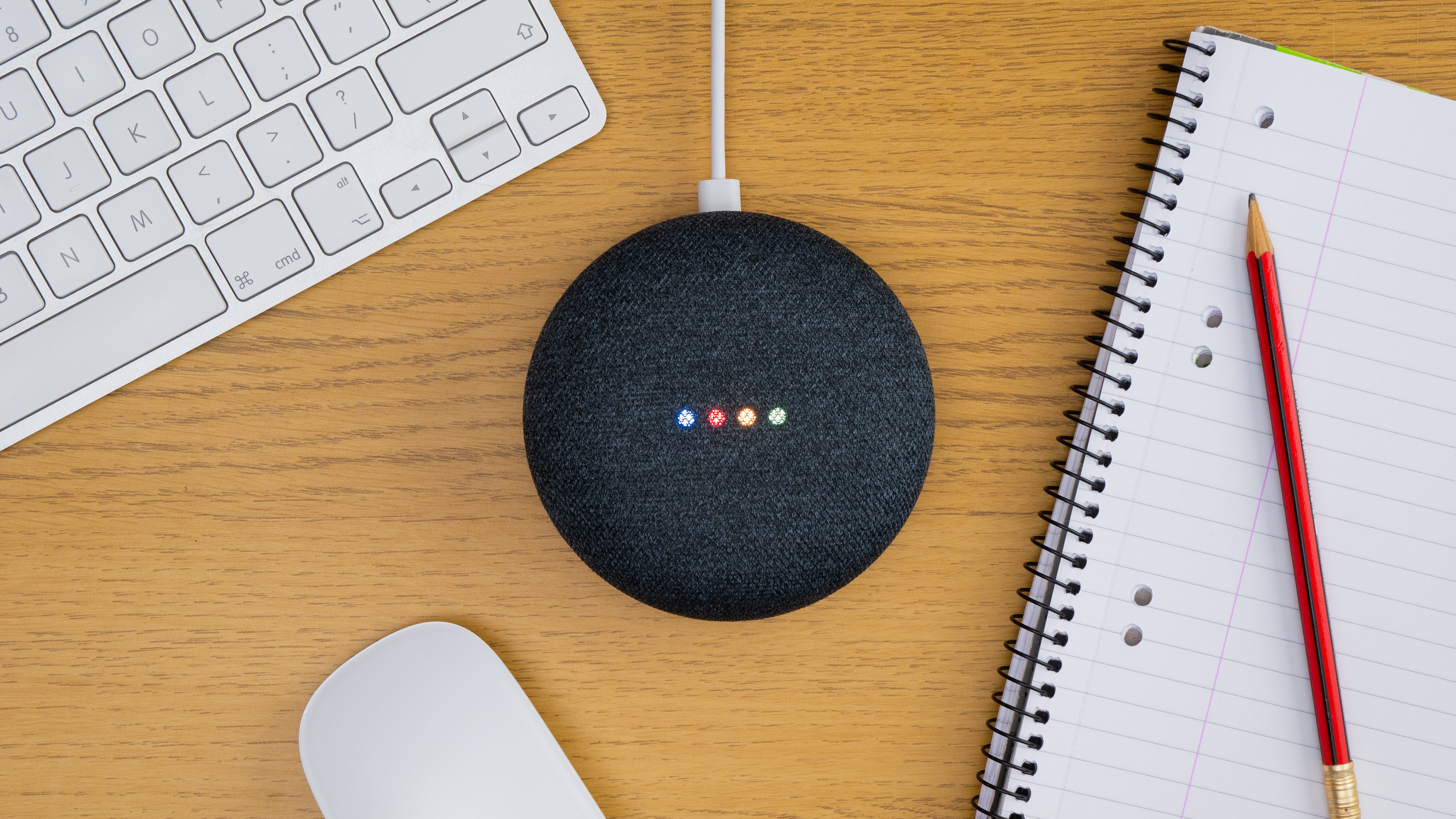The 5 Bard AI upgrades we need to see at Google I/O 2023
Google's AI chatbot Bard needs some work

Sign up for breaking news, reviews, opinion, top tech deals, and more.
You are now subscribed
Your newsletter sign-up was successful
Google Bard has received several updates since it was unleashed on the world in March, but even its biggest fans would admit that it's still a work in progress.
Bard might be better at coding than Microsoft’s Bing Chat, and it might have better math skills now, too - but it’ll need more than that to win the AI Chatbot race. Citing its sources more frequently would be a good start, along with launching a few unique features that’ll help it stand out from the other ChatGPT alternatives vying for your attention.
Fortunately, next week's Google I/O 2023 event gives Google the perfect opportunity to take Bard to the next level - and maybe even even dethrone ChatGPT in the process.
Here are the five Bard upgrades we hope Google reveals on Wednesday.
1. Make Bard easier to access
Right now, Bard is invite-only; you have to sign up to a waitlist with your Google account, then hope you’re given access. Even once that's granted, you can only use Bard from a browser – which is fine on PC, but suboptimal on mobile. Conversely, anyone with a Microsoft account can access Bing Chat right away, plus Bing has a dedicated mobile app.
There are leaks suggesting that Google is preparing a Bard widget for Pixel phones, but there’s no word yet on when Bard’s public test will be easier to join – hopefully that’ll change at Google I/O.
2. Include citations in results

Given that Google owes its massive success to being really good at surfacing content via search, it's a little surprising that Bard treats its sources with such disdain.
Sign up for breaking news, reviews, opinion, top tech deals, and more.
Currently, unless it is directly quoting a source, Bard doesn’t provide links to where it has collected info from – which makes it very difficult to judge how reliable the information it provides is.
For example, if you ask Bard “What’s the best graphics card?” and it replies with “Nvidia’s RTX 4090” you don’t know if it's gathered that information from a review site like TechRadar or PC Gamer, or if it’s come from Nvidia’s own webpage. If you knew the response was ripped from Nvidia itself, you’d likely be much less likely to trust that statement versus if it was providing an answer from an independent reviewer.
Additionally, Bard isn’t able to think for itself; instead, it just takes ideas from other places. So, without citing where this information has come from it’s effectively plagiarizing its sources - and that isn’t cool.
If Google wants us to take Bard seriously, we need to know where it’s finding its information every time it provides an answer to our queries – just like Bing Chat does with its responses.
3. Add image generation into the mix
Generative AI doesn't just make for solid chatbots - it's also the brains behind the best AI art generators such as Dall-E, Midjourney and Stable Diffusion.
These are increasingly being used to produce some pretty impressive artworks, to the extent that at least one AI-generated image has won a photo contest. The pace of development on this front is arguably even faster than it is on the text side of things, so we think Google should announce Bard is gaining art skills at Google I/O.
Microsoft’s Bing Chat can now produce images thanks to an integration with Dall-E, a feature that gives the bot a leg up compared to rivals like Bard, which can only respond with text.
While the images aren’t always great, getting an AI to create art for you is a fun way to waste your time, and if nothing else you can get yourself a goofy new desktop wallpaper out of the experience.

4. Offer different chat options
We’d also really like to see Bard offer different chat options in the way that Bing and other AI bots do. Depending on which chat style you pick, the bots will respond more creatively, more precisely, or somewhere in between.
These different options for tailoring the bots help make the responses they provide more useful in the ways you need them to be. If you’re looking for a poem, a creatively inclined AI will typically use more colorful and exciting language, while more precise bots will be better able to help you find answers to questions.
Some AI chatbots can even adopt different personas such philosopher, scientist, or poet to influence their answers - for instance, Character.Ai serves up a menu of historical and famous figures for you to converse with.
Bard currently only ever talks to you with its one persona, so at Google I/O we hope it gets a few new ways to chat with us.
5. Make Bard feel special
Right now there's a feeling that Bard is playing catch up to Bing Chat, and that has to change or Google risks missing the great AI goldrush. So, alongside updates that improve its reliability and add features to bring it in line with Bing Chat, Bard also needs to provide its own unique services.

One idea we’ve had (inspired by the chatbot’s name) is to give Bard the ability to both write song lyrics and also play them via AI-generated music.
For instance, if Google allowed you to provide Bard with a style, list of instruments and theme for a song, it could create the whole thing for you; timely, given that AI-generated music is a big deal right now.
Another idea could be to incorporate Bard into Google smart speakers. That way you can actually chat with the chatbot rather than having to type all your questions – and it might make Bard feel more like the AI we see in film and TV.
Whatever Google does with Bard, we just hope it gives it at least one special skill to help it stand out from the crowd. We'll find out whether it does that at Google I/O 2023 on Wednesday.

Hamish is a Senior Staff Writer for TechRadar and you’ll see his name appearing on articles across nearly every topic on the site from smart home deals to speaker reviews to graphics card news and everything in between. He uses his broad range of knowledge to help explain the latest gadgets and if they’re a must-buy or a fad fueled by hype. Though his specialty is writing about everything going on in the world of virtual reality and augmented reality.